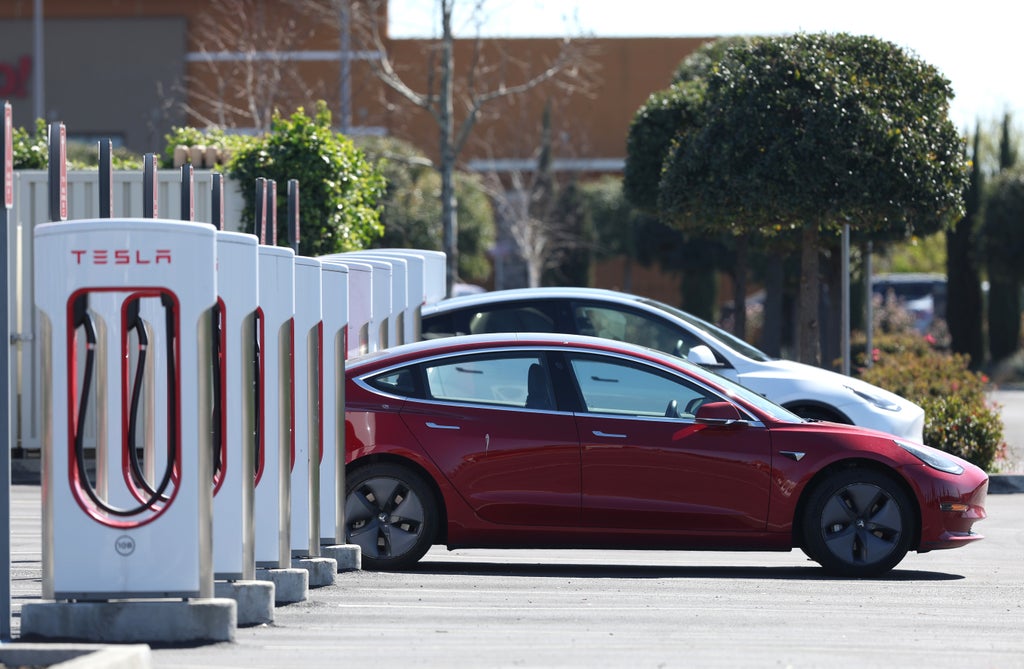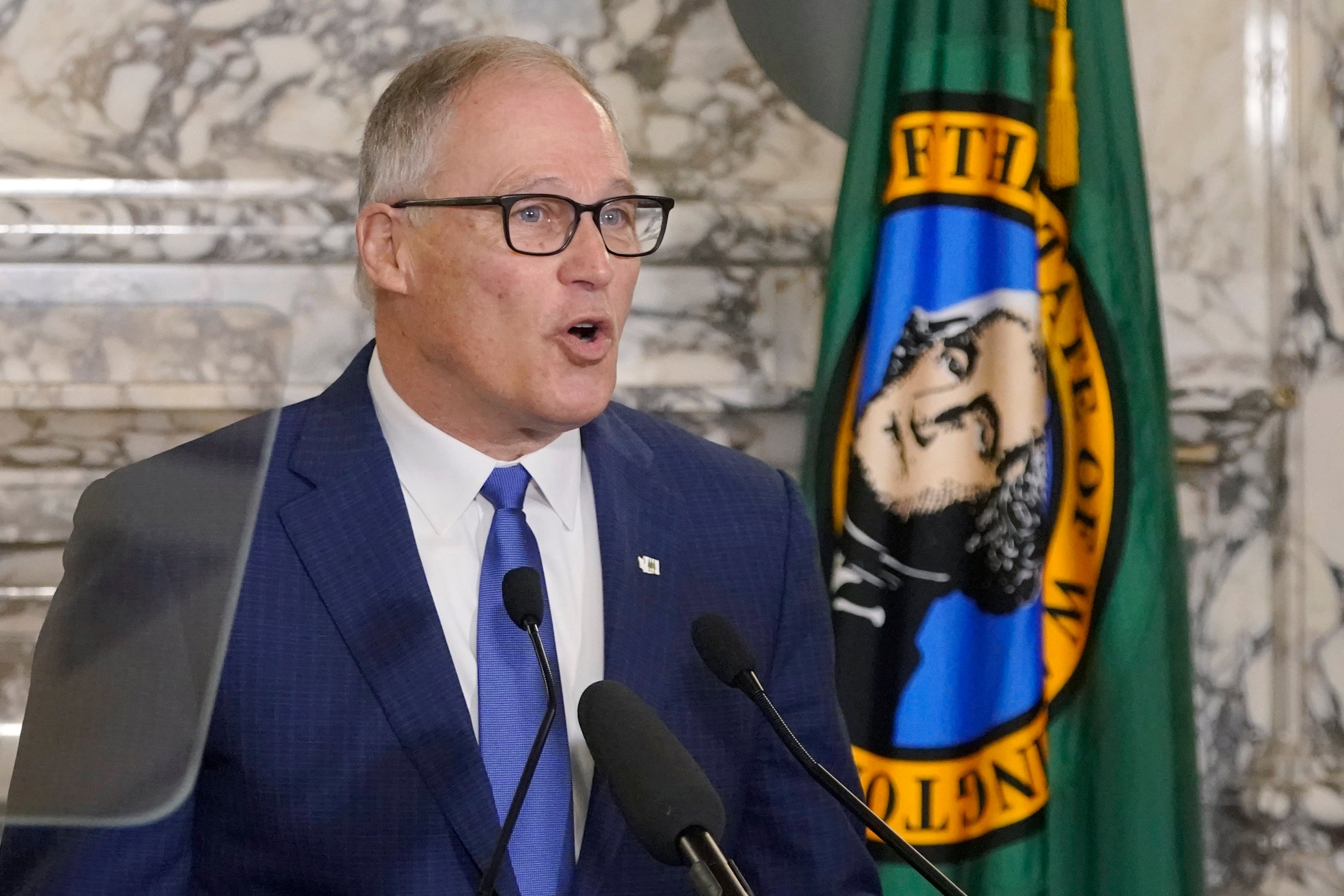
Washington State has officially pledged to try and end the sale of petrol-fueled cars by 2030 – the most ambitious electric vehicle plan in the nation.
Officials in Washington had already vowed to follow California’s standards on vehicle emissions, which for historical reasons are more stringent than those set by the federal government.
Yet, the plan to sell only electric vehicles by 2030, the details tucked inside the state’s $17bn transportation plan, is the most aspirational in the country.
“Washington is a state that’s in a really great position to lead on the issue,” Matthew Metz, the executive director of an environmental advocacy organisation, Coltura, and one of those who has pushed for the move, told The Independent. He said Washington could continue to follow California’s standards on emissions.
“But we can also move on our own, and really show the world that we’re a leader in EV (electric vehicle) innovation.”
Globally, sales of electric vehicles are estimated to pass ten million this year, an additional four million from 2021, according to research firm BloombergNEF.
The vast majority of the sales were in mainland China. In the US, there were around 535,000 sales, a number expected to increase to about 670,000.
Experts say that rising prices for gasoline and increased output by manufacturers, particularly those they believe consumers particularly desire, such as the Ford F-150 Lightning, are considered potential game changers.
During international climate talks in Scotland last November, a total of six car manufacturers and 30 countries pledged to stop sales of petrol engine cars by 2040. Ford, Mercedes-Benz, General Motors and Volvo were among them.
In a post on Medium, Washington governor Jay Inslee, who in 2020 contested the Democratic nomination for president on a campaign of tackling the climate crisis, said the transportation plan lays “the foundation for a massive shift from simply building more lanes to moving people via cleaner, more efficient transportation options”.
“Transportation is our state’s largest source of greenhouse gas emissions. There is no way to talk about climate change without talking about transportation,” he said.
“This package will move us away from the transportation system our grand-parents imagined and towards the transportation system our grand-children dream of.”
The commitment to having all electric sales by 2030 is contained within just two sentences in the transportation plan. One of them pledges to establishment an interagency steering committee to ensure the target is met.
Figures show California has by the most sales of TVs, followed by Florida, Texas, Washington and Arizona.
But while cities such as Seattle see lots of electric cars, many of them top model Teslas, they are considerably less common in rural areas.

Mr Metz said it was crucial to build the infrastructure across the state and the nation that made it as easy for people to charge an electric vehicle as it was to fill up with a tank of gas. While filling up with gasoline takes less than five minutes, he said the very fastest high charge for an EV took 15 minutes.
He said it was particularly important to provide the infrastructure in rural areas, because that was where people were likely to be making longer, and therefore more polluting journeys.
“Getting those people off gasoline, the ones that live in those rural areas, that does more for the climate than anything else, because, they’re the ones … using way too much gasoline,” he said.
Asked how realistic a goal 2030 was, he said: “If we worked hard at it – yeah, we can do it. We need to build a really good infrastructure for everyone, so they have that convenient experience.”
He added there was no single block to making the change happen. “But we have to have a plan.”







